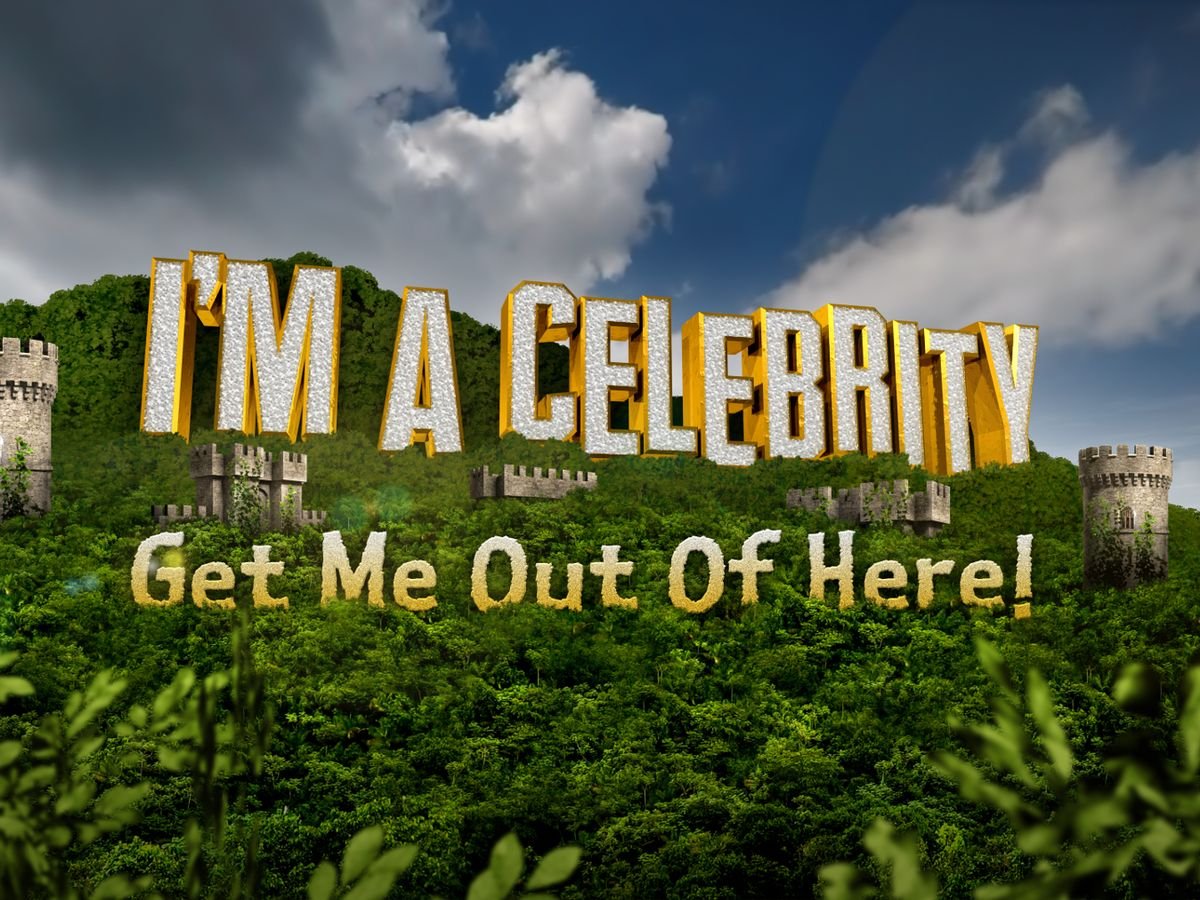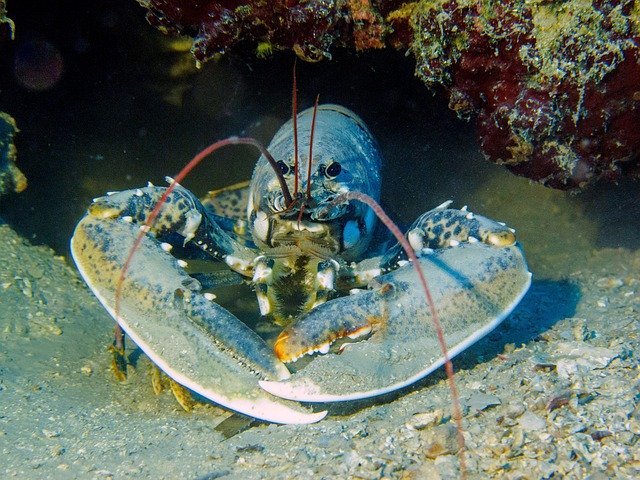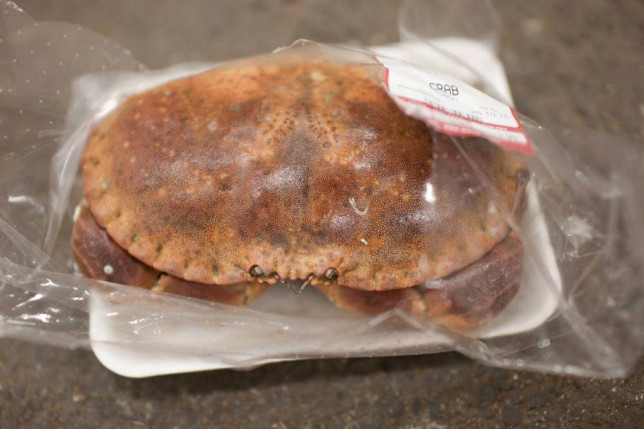The twenty-second series of I’m a Celebrity, of which I haven’t watched twenty- one, has finally ended, with the usual fanfare. It is a show which TV critics believe unites the country in a national conversation and in some quarters arouses anger over the use of animals. But for the vast majority of viewers it is eagerly awaited and watched. So is it really worth complaining about every year.
This year the number of complaints to the UK RSPCA about the the use of animals increased. But as usual the producers brushed off any complaints because they know the viewers like it just the way it is and they can survive without those that don’t. It makes huge revenue for the ITV so there is no chance of them ever changing the format. People watch it because they like to see the contestants squirm and they like to squirm with them.
If dogs or cats were used on the show.
The animals involved are mostly rats, fish, reptiles and insects which are viewed by many as not “proper animals.” They are not the kind that viewers can empathise with and it is also difficult for people to grasp the notion that such lowly creatures may feel pain or distress, particularly when many cultures eat them anyway.
To most people they are just pests, creepie crawlies, bugs and slimy dangerous reptiles, which we stamp on, spray toxic chemicals on and randomly kill all the time. They are plentiful and not endangered and are mainly of nuisance value to us, so it is difficult to convince anyone to care. Now if dogs or cats were used on the show it would be a different matter. We have, and unfortunately always will have, this rather speciesist and hypocritical attitude to the status of animals and their welfare.

The RSPCA says:
Every year, we are faced with serious concerns about the use of animals, including snakes, insects and other live creatures during the filming of the show. Since ‘I’m a Celebrity’ was first aired, animals have been dropped, thrown, handled roughly, crushed, chased, overcrowded, scared by contestants and prevented from escaping from stressful experiences.
RSPCA
The RSPCA has had 22-years to do something about the show without success which is probably proof that it is an impossible task. This is because they do not have the weight of public opinion supporting them. In reality clogging up their telephone lines and workforce is a fruitless task when their time could be better spent dealing urgent cruelty calls in the UK. They do have a campaign at the moment whereby you can email ITV for all the good that will do. Far better perhaps to campaign and complain to the Australian RSPCA and State officials to stop them hosting the show, but of course they have their own version and seem little interested.
No mention of I’m a Celebrity.
There is no mention on the RSPCA NSW website about the show at all and as the show organisers point out the Society has an open invitation to attend and watch filming whenever they want. It would appear they cannot do anything either or be bothered.
Also, did I miss all the demonstrations by environmental and animal rights supporters outside the ITV headquarters in Holborn about the show, or perhaps there weren’t any. Activists seem to be too busy now blocking the M25 to worry about a few bugs, rats and snakes or perhaps too busy watching Matt Hancock eating and wrestling the creatures. Ironically there were far more complaints about him appearing in the show than concern for the animals.

Using animals for our entertainment goes back to the Romans fighting lions in the colosseum and beyond and the attitudes of the general populace haven’t changed in the interim. Most viewers do not really care or prefer to ignore the plight of animals in these circumstances, looking down of those who do as being petty and spoil sports. The show will only end or change when viewers get bored with it or contestants refuse to take part, neither of which seems anytime soon. But yes it is still worth complaining about.


